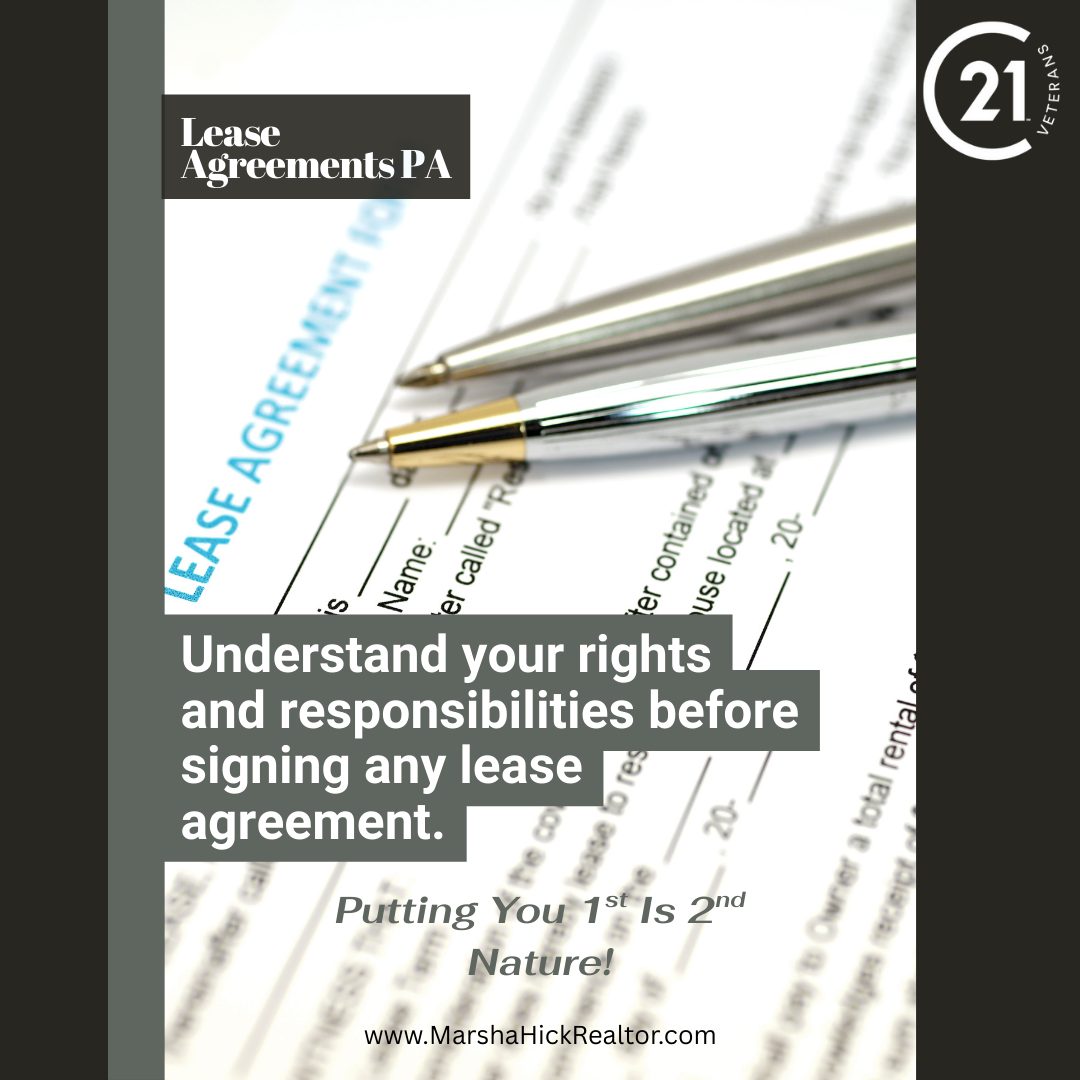Understanding Lease Agreements in PA: A Simple Guide for Landlords and Tenants
Are you confused by rental paperwork in Pennsylvania? Many people find lease agreements hard to understand. Yet these documents protect both landlords and tenants from future problems. Let’s break down what makes a good PA lease agreement and why it matters to you.
What Makes a PA Lease Agreement Different?
A lease agreement is simply a contract between a property owner and the person renting it. First of all, Pennsylvania has specific rules that make these agreements unique. Moreover, state law requires certain items to appear in every lease.
Most importantly, a well-written lease keeps everyone safe. For renters, it lays out clear rules and rights. For owners, it offers legal protection and sets payment terms.
Must-Have Items in Every Pennsylvania Lease
Basic Information You Need
- Names and contact details – Both the landlord and tenant must be clearly listed
- Property address – Exactly where the rental is located
- How long the lease runs – Start and end dates
- Rent details – How much to pay, when it’s due, and payment methods
- Security deposit info – Amount collected and when it gets returned
Special Pennsylvania Rules
Pennsylvania has unique laws about rentals. Therefore, your lease should also cover:
- Security deposit limits – PA only allows deposits up to two months’ rent for the first year
- Lead paint notices – Required for all buildings built before 1978
- Entry notice rules – Landlords need to give proper notice before visiting
- Local city rules – Some PA cities have extra requirements to follow
Helpful Extra Sections
These additional items can save headaches later:
- Who fixes what – Clear breakdown of maintenance responsibilities
- Pet rules – Whether pets are allowed and any extra fees
- Subletting policies – Can tenants rent to someone else?
- Breaking the lease – What happens if someone needs to move early
Common Lease Mistakes in Pennsylvania
For Property Owners
- Using out-of-state forms – These often miss PA-specific requirements
- Vague repair terms – This leads to arguments about who pays for fixes
- Rules that break PA law – Some restrictions aren’t legally enforceable
- Forgetting disclosures – Not sharing known issues can cause legal problems
For Renters
- Skimming instead of reading – As a result, you might miss important rules
- Not inspecting before signing – Always document the property condition first
- Taking verbal promises – If it’s not written down, it may not count
- Not knowing tenant rights – PA law protects you in several ways
Creating a Strong Lease Agreement
Building a good lease takes several steps:
- Find a Pennsylvania-specific template – This ensures you meet state requirements
- Add your personal needs – Then adjust it to fit your specific situation
- Check for clear language – Above all, both parties should understand every term
- Get expert eyes on it – A real estate professional can spot potential issues
Why Work With a Real Estate Professional
While online lease forms seem easy, they often miss important details. In fact, working with a real estate expert like Marsha Hick can:
- Ensure your lease meets all Pennsylvania legal requirements
- Help you avoid common pitfalls that lead to tenant disputes
- Create terms that protect your specific property interests
- Save you money by preventing costly legal headaches
Protect Your Real Estate Investment Today
Whether you own property or plan to rent, a solid lease agreement gives you peace of mind. Obviously, spending time on a proper document now prevents problems down the road.
👉 Need help with lease agreements in Bucks County, PA? Marsha Hick can guide you through creating legally sound leases that protect your interests. Call today at 215-431-5966 or visit MarshaHickrealtor.com for a free consultation about your rental property needs!
Disclaimer: This blog provides general information about Pennsylvania lease agreements but does not constitute legal advice. For specific legal questions, please consult with an attorney.


 Facebook
Facebook
 X
X
 Pinterest
Pinterest
 Copy Link
Copy Link


